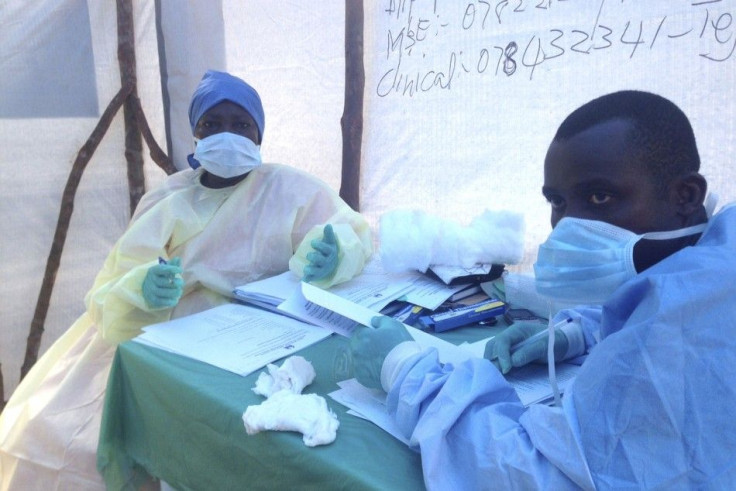Ebola's Impact to New Zealand Economy Not A 'Big Issue' Amid Fonterra's Dairy Export Fears

Fonterra New Zealand has claimed the Ebola crisis in West Africa will affect the country's economy. In an interview, Fonterra CEO Theo Spierings expressed his fears that the continuous spread of Ebola may significantly affect the company. He revealed in a press release that if Ebola should worsen, Fonterra could lost 5 to 6 percent of its exports which is equivalent to $150 million.
However, Export New Zealand executive director Catherine Beard believes the impact to New Zealand's economy may probably be "neglible" although Fonterra is the biggest milk exporter to West Africa. She admits that exporters will be monitoring the situation in the region because of the Ebola crisis but overall, Beard said it will be such a "big issue" to New Zealand's economy.
Spierings said China as a dairy market continues to be stable but volume growth might be reduced to $ percent from the previous 6 percent. He is confident dairy prices in China will increase in the next four to six months once China returns to the market in December, reports said. The Fonterra CEO has downplayed talks of clinching a Trans-Pacific trade deal. He mentioned the world's current situation and remarked people should not be so overly optimistic.
Spierings predicts the dairy industry in New Zealand will continue to expand in the next decade with 60 percent based on product conversions and 40 percent productivity. He rejected claims made by the Environment Commissioner regarding a drop in water quality as a result of dairying. He believes the New Zealand economy will grow by 2 or 3 percent annually.
Meanwhile, the World Bank has previously estimated that Ebola's economic cost could reach $32.6 billion by the end of 2014 if the virus will spread outside of Guinea, Liberia and Sierra Leone. World Bank president Jim Yong said the international community must find ways to contain the virus as Ebola could cause massive economic costs in West Africa. Reports said Ebola fears had prompted airlines to cancel flights, mining companies to stop operations and business owners closing up shops. As of late, the World Health Organisation announced the outbreak has infected almost 10,000 people and killed more than 4,800 .





















